
|
||
|
Portland art blog + news + exhibition reviews + galleries + contemporary northwest art
|
||
Looking back at 2012: best and worst 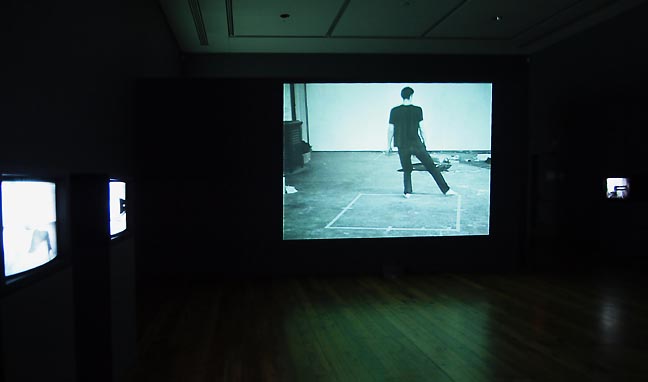 Bruce Nauman, Basements at Reed College, (far left) Wall-Floor Positions, 1968, (large center) Dance or Exercise on the Perimeter of a Square (Square Dance) 1967-68 (photo Jeff Jahn) 2012 held what was perhaps the highest quality collection of exhibitions in Portland's history... partly because most of the major institutions really stepped up their game when it came presenting major artists (since when does Portland ever have 2 Bruce Nauman shows in one year?)... while the very vital street level contemporary scene added a great deal of new intrigue and conceptual rigor to the mix. I also penned an Op Ed in the Tribune about Portland's current cultural prominence and how to keep that momentum going. Still, there is a schism between Portland's most cutting edge artists and its top tier institutions/awards who seem more comfortable with mid-late career and academic concerns than challenging/interesting art with a fine edge (the kind that most professors have trouble keeping). Also, when there is a connection between the edge and top local institutions it seems ad hoc and sporadic... This troubles me deeply as we have cutting edge art scene that gets its validation consistently outside of Oregon. It is both consistently gratifying and a tad embarrassing that our institutions seem to learn of Portland's excellence through out of state institutions and publications. Portland's very active alternative art spaces got some deserved credit in the Wall Street Journal, even though Worksound and Half Dozen closed. Recess, 12128 and Falsefront stepped up. Though Appendix seems to exhibit art that is very similar from show to show, that anonymity means there are ideas are being refined (I'm waiting to see the end product). Simply put, alternative spaces are often where contemporary curators find what is cutting edge relevant... Portland is full of them and could use more formal support. 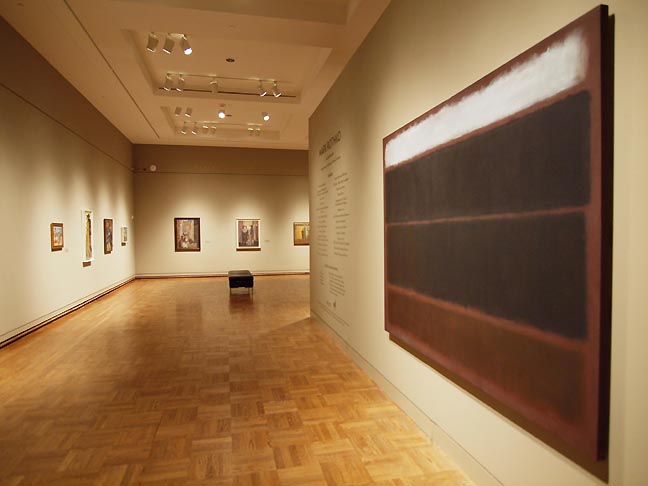 A view of the Rothko retrospective (photo Jeff Jahn) Most exceptional programmatic arc for 2012: It is easy to take it for granted but the Portland Art Museum's Chief and Contemporary Curator really outdid himself this year with Rothko, Gerhard Richter, Joseph Beuys, Sigmar Polke, Bruce Nauman, Cindy Sherman, Mike Kelley and an excellent Ellsworth Kelly print retrospective to boot. Stephanie Snyder's Cooley Gallery did pretty well with Bruce Nauman and Kara Walker too. 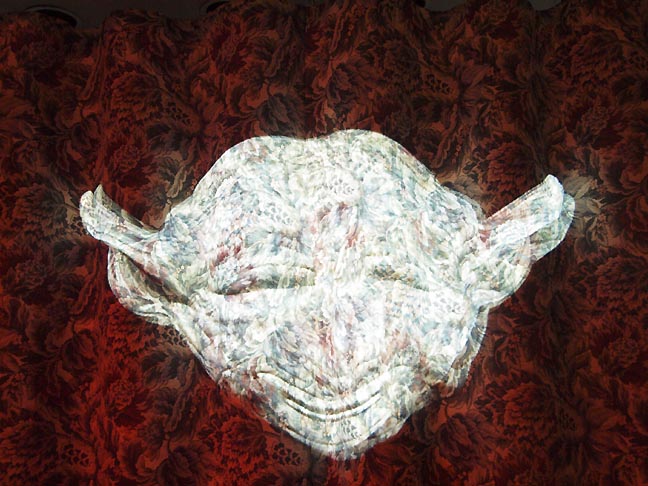 Chase Baido's Enter the Troll (detail) So who were the breakout artists this year?: Chase Baido, Kyle Thompson, Wendy Given, Jamie Marie Waelchli, Amy Bernstein, Zachary Davis, Jordan Tull, Crystal Schenk, Holly Andres, Zoe Clark, Nathaniel Thayer Moss and Ralph Pugay. All have been active for a few years or more but they each solidified themselves in 2012 as bonafide forces who can counted on to consistently push the envelope. But it isn't just the kids, stalwarts of the scene like Eva Lake made a splash in New York, Victor Maldonado had a work acquired by the Museum Of Fine art Houston's collection. Bruce Conkle and Marne Lucas as Ecobaroque were sent to Mongolia (for good behavior and an earth art biennial). This highlights a schism between those who play a local game (IE teach at school and collect awards and grants) and an international one (be sharp and hungry, dazzling critics, collectors and curators elsewhere). It was very interesting when a young group like MHSR (and offshoot of the Oregon Painting Society) went from doing a performance/installation at appendix then weeks later was in Chelsea. In fact, the Appendix kids are associated with a sister project in NYC, American Medium. The message to Portland institutions is, be relevant and pay better attention. Best Tax: The passage of the arts tax in 2012 is just a starting point, now how well will it be applied? How will it effect the way public yet non arts tax money is appropriated? This unfinished essay about Priming the Cultural pump looked at how Portland allocates cultural support resources. To date there is no mechanism to directly support alternative spaces (which are the real life blood of Portland's current cultural prominence). Now that there is more $$$ in the system the system should take care to be as relevant as possible to the current state of the arts. Lets give credit though, RACC seems to have responded to my (and others) criticism somewhat in their latest rounds of grants but to date there have been no systemic changes to RACC or the OAC to directly support the operations of alternative spaces. These spaces who know how to do edgier projects with much less funding than your typical public art panels could be expected to achieve. There is also the issue of how the grants panels are convened... often panels have only one or two recognizable members of the contemporary art community in judgment of proposals. I think its more reasonable that at least 50% of a panel for contemporary or excellence oriented grants be knowledgeable. Time and again I hear about a great project that surprisingly got funded because only one of a 7-18 person panel dug their heels in. I typically also hear that one person say, “I didn't recognize anyone else on the panel.” I believe that we need to set higher expectations for the way panels are comprised and the outcomes of so called “artistic excellence” oriented funding. The good news is there is a lot more funding now. Programmatic letdowns of 2012: They are moving in a better direction than last year but how about YU's contemporary program made up of work that is mostly several decades old? It is quirky but does it serve the contemporary community as much its founder's bibliophile tastes? At least they caved to the inevitable and finally put together a real board of directors... but is it one with deep enough ties to Portland to raises the millions needed to make YU truly functional? Then there was a Contemporary Northwest Art Awards list that completely ignored new media and the youthful energy that makes Portland an interesting art city. No. the worst letdown was a survey of the Portland art scene as attempted with the Portland 2012 biennial, which was more a collection of names and spaces than a thought producing exercise. A a kind of roving art party it was simply hard to shake the feeling of a arbitrary/claustrophobic feeling scavenger hunt in 4 locations. Sure, there was some good work but it was completely mitigated by being simply too full, rambling and diluted. Basically, including so many artists en masse was a timid, ingratiating attention grab by all the institutions involved. Portland has outgrown this sort of thing. Instead, of curatorial rigor we got a collection of names and worst of all they were already familiar ones. A survey that is attempting to be relevant should dig harder and introduce a few new names (not hard for a destination city like Portland)... those discoveries are usually the only thing anyone remembers about these types of shows. Next time dig more effectively and present a collection of gems or at least something that takes a memorable position. By comparison, the Tacoma Art Museum's 10th Northwest Biennial (which I was in) might have been needlessly overstuffed too but it was in one place and introduced lots of new names who had never been in large survey show before. More importantly it created a lot of interesting juxtapositions in the actual installation of the show. Those things matter. 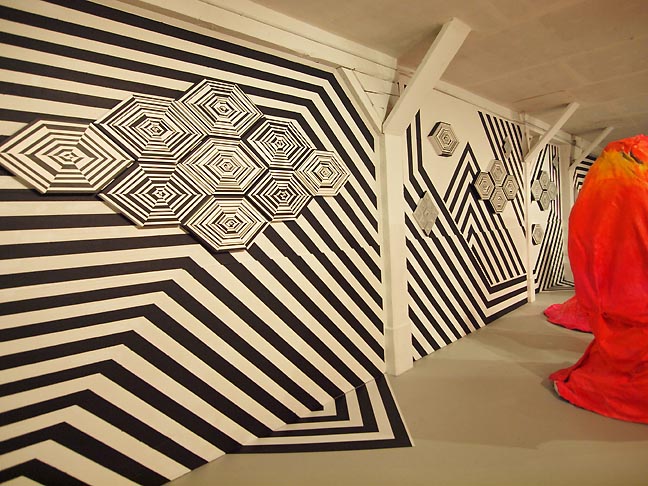 Nathaniel Thayer Moss in Perceptual Control at Worksound Best group shows: The Experimental Film Festival's Rumblings at Gallery Homeland and Worksound's Perceptual Control provided satisfying surprises at every turn which is what you want from shows with 5 or more artists. Fighting Men at Lewis and Clark is a quirky trio of the curator Daniel Duford's own artistic influences but it works... probably better than Duford's own work which seems academic and ingratiating compared to his heroes. Kudos to Duford for an excellent show and putting yourself before a very tough trinity/tribunal. Oregon History Uncovered: Well, Betty Feves at the Museum of Contemporary Craft can't really compare with Mark Rothko but she's 100 times the artist that Amanda Snyder was and much more influential in every way. As is often the case with regionally important artists the excellent book produced for this pivotal mid-century Oregon artist is superior to the exhibition, which was overstuffed in the way long overdue things tend to be. Most Quixotic: Anonymous at The Art Gym... an enormous exercise in “huh?” Last but not least here were the 10 most accomplished shows/works in Portland, (in no particular order other than the first one): Of course the top spot goes to Mark Rothko retrospective at Portland Art Museum. This show was an important game changer for the museum and a long overdue homecoming for Portland's most famous son. The simple fact that most Portlanders had no idea that Rothko was from here rectified a glaring omission in our civic knowledge base. The works were stunning and the scope and scale of the show left even PAM's biggest critics among the in the know crowd stating that this was finally the major show that we expect from the museum. No it didn't break any new ground (partially because another museum is working on a Rothko show with Portland ties... IE paintings of Portland) but it didn't have to. Quality speaks for itself and this was one of the top 5 things Ive ever seen in Portland. Yes Virginia, there is a thing called greatness in the arts... no matter what academics try to tell you. A true intellectual knows the difference... when words cannot exhaust the art, that is a very good sign. Thanks to the departed patron Harold Schnitzer who didn't get to see his life's dream of a major Rothko retrospective before he passed. Curator Bruce Guenther did an admirable job of collecting both major and poignant works and we discussed the show on OPB's Think Out Loud radio program. Easily one of the 3 most powerful shows I have seen in Portland during the past 13 years. Bruce Nauman Basements was perhaps the best show Ive ever seen at Reed's Cooley Gallery. What curator Stephanie Snyder achieved here was a tour de force on the artist's genesis and collectively these early videos and films constituted the Promethean rudiments of Nauman's mature practice. Like a series of scales that Nauman practiced (he is a decent musician after all) the videos systematically explored space, tempo, rapport, place and rhythm in a way that was utterly riveting. Seeing the show when it was relatively empty was incredible as the polyrhythmic layers of these works created an incredible aural stew of violin bowing, ball bouncing, film projector clicks and Nauman's own footsteps. This is one exhibition that should have traveled. 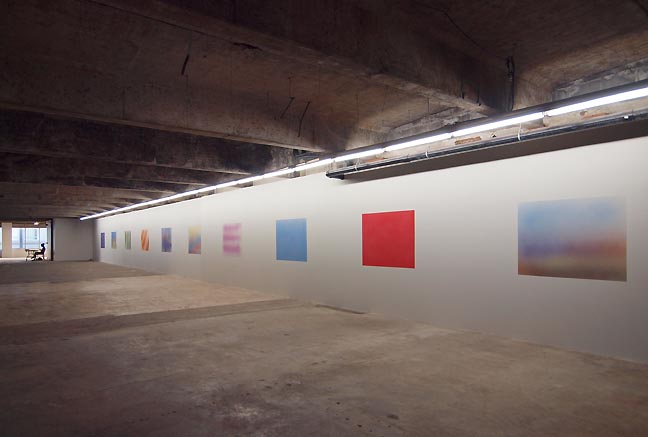 Isabelle Cornaro's Reproductions at PICA (photo Jeff Jahn) Isabelle Cornaro's show in PICA's cavernous second floor space was extremely subtle and surprising. Though Portland is thought of as very European we are rarely treated to a show with such finely delineated Euro-art sensibilities. It was extremely welcome and it is this kind of art that Portland's (shudder to write it) “Creative Class” wants to see. 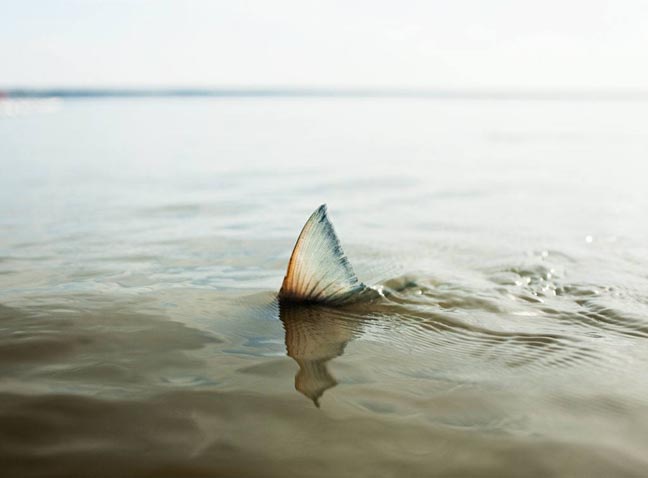 Corey Arnold's Salmon Shark What can I say about Corey Arnold's Graveyard Point exhibition at Charles Hartman Fine Art that I havent said in previous reviews? These photos were breathtaking, humorous and knowing in a way that is incredibly difficult to pull off... I'd almost call the Buster Keaton-esque if they weren't suffused with such an existential melancholy that keeps them from being comedic stunts. Kyle Thompson's video GROUP THEORY/WE'RE HAVING MUCH MORE FUN in a dual show with Caitlin Ducey was one of the best per formative video art pieces Ive seen in a while. Simultaneously evoking the heartbreaking flotsam of that Japanese Tsunami and genuine Northwest lumberjack style pluck... with a dash of Jackson Pollock in the Namuth Film... This is excellent work from Portland's most exciting new video artist. 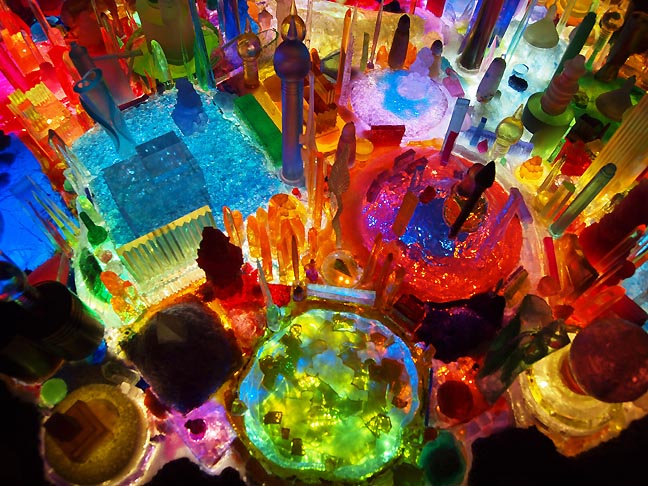
Detail of Mike Kelley's City 0000 (2009-2011), lent by Nicolas Berggruen Charitable Trust (photo Jeff Jahn) Mike Kelley at the Portland Art Museum. Culled from Nicholas Berggruen's rather awe inspiring collection, this showing of the then recently departed Kelley's largest City of Kandor piece was both excruciatingly painful as a reminder of what the world had just lost and completely inspiring for the awkward depth he left us as a legacy. Somehow Kelley encapsulated the idea of an ideal civilization that was both tantalizingly present and completely out of reach, utilizing the capital city of Superman's home planet. No Kelley retrospective is complete without this piece... sigh, we will miss you Mike Kelley. Laura Fritz's Entorus... well I can't review her shows anymore but I can relay what others said. One very prominent curator whose university program is the benchmark for contemporary art in Portland stated, “Expertly conceived and perfectly executed.” Critics like Peter Plagens and Sue Taylor both (separately) spent over an hour simply looking. This was not uncommon and I repeatedly witnessed from one to 30 visitors at a time stand sit and investigate wordlessly for over an hour in the room in a hushed way that only pieces like Judd's artillery Sheds or Bruce Nauman's Fat Chance John Cage regularly produce. Ask anyone who saw it, I'm not overstating it's power to overwhelm then harness the viewers complete attention at all. This was original and powerful work like all of these 10 shows. Storm Tharp isn't just the best figurative artist in Portland, he's still challenging himself and therefore has many more facets than those who might be trying to ride his coat tails. Spanning two galleries his Holding a Peach showed his humor and fashion sense and the grotesque. 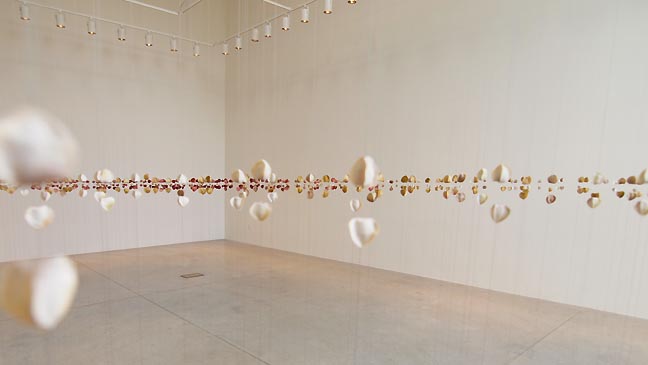
Crystal Schenk's Artifacts of Memory at Linfield College (photo Jeff Jahn) Crystal Schenk's Artifacts of Memory at Linfield College was a re-staging of her masterful MFA thesis project. This was a very strong show and I'm sorry I didn't have time to review it earlier this year. Dealing with the frankly heartbreaking suicide of her mother and the difficult memory of this events makes for a difficult show to build upon... though her stained glass shopping carts are very strong as well. (Im less convinced by her collaborations and simulacra works and would love to see a solo show of new work by her. Until seeing Francis Bacon's Figure Writing Reflected in a Mirror at PAM, I'd always been a bit wary of Bacon... and felt like he was just a debouched Braque clone mixed with a courtroom sketch artist. Instead, I finally saw the lyrical poet whose paint handling in this work was exceptional. Perhaps it is the way this was not a triptych which seemingly unified Bacon at the time of the work contending with his former lover's suicide. This is the painting where Bacon changed as an artist with a zen kind of acceptance. Posted by Jeff Jahn on December 31, 2012 at 21:11 | Comments (0) Comments Post a comment Thanks for signing in, . Now you can comment. (sign out)
(If you haven't left a comment here before, you may need to be approved by
the site owner before your comment will appear. Until then, it won't appear
on the entry. Thanks for waiting.)
|
| s p o n s o r s |
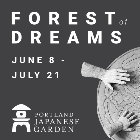 |
 |
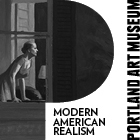 |
 |
 |
 |
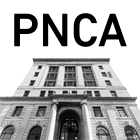 |
 |
 |
 |
 |
 |
 |
 |
 |
 |

|
Site Design: Jennifer Armbrust | • | Site Development: Philippe Blanc & Katherine Bovee | |

